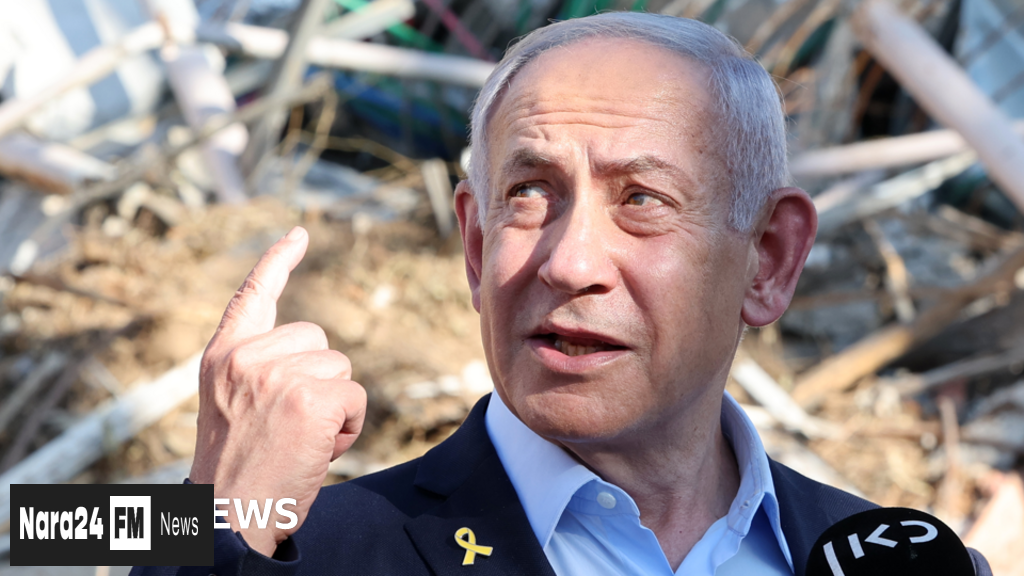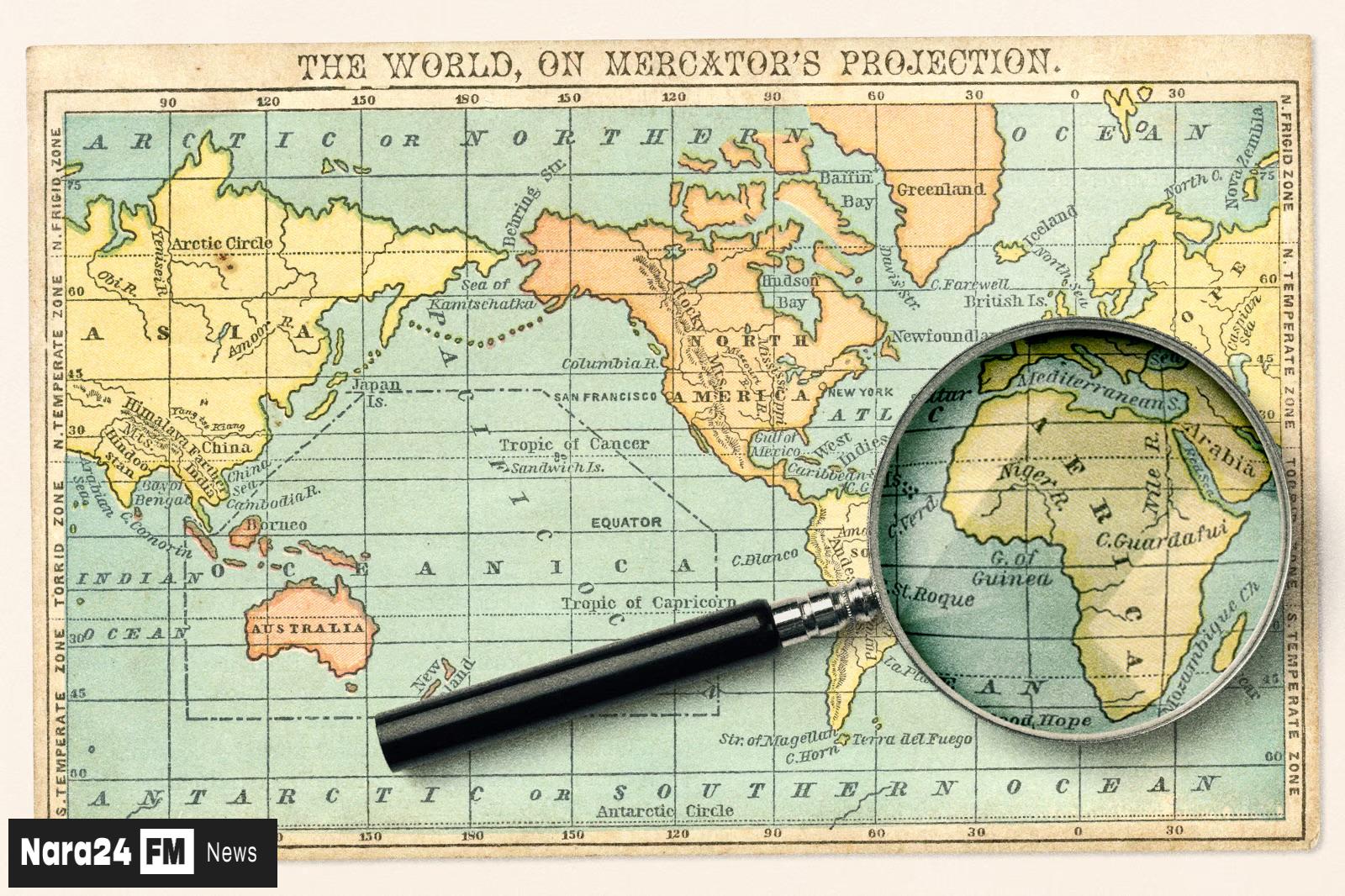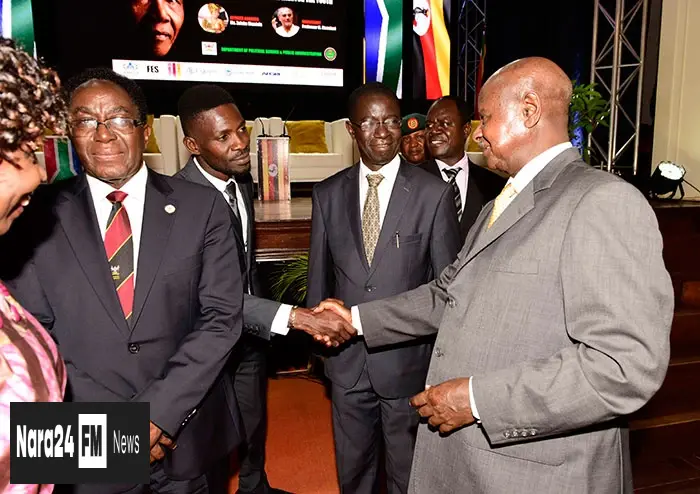Israeli Prime Minister Benjamin Netanyahu is attempting to turn the recent military confrontation with Iran into a political lifeline, but skepticism among the Israeli public remains high. Despite a high-profile victory over Iran, Netanyahu's leadership is under scrutiny as many question his priorities and trustworthiness.
Earlier this year, Netanyahu faced backlash for abandoning a Gaza ceasefire deal that had already secured the release of dozens of hostages held by Hamas. The agreement, brokered by former U.S. envoy Steve Witkoff, also included the gradual withdrawal of Israeli troops from Gaza, offering hope for an end to the prolonged conflict. However, Netanyahu opted to resume military operations, prioritizing the destruction of Hamas over the safe return of remaining hostages and a peaceful resolution.
This decision drew sharp criticism from hostage families and many Israelis, who accused the prime minister of prioritizing his political survival over national interests. Netanyahu's popularity plunged, and his coalition government, reliant on far-right and orthodox religious parties, appeared increasingly unstable.
Three months later, Netanyahu is celebrating a significant military victory against Iran, which he hopes will rejuvenate his political career. At a recent press conference, the 75-year-old leader, already Israel's longest-serving prime minister, hinted at the possibility of early elections and expressed his desire to continue his tenure as long as the public supports him.
However, recent polls suggest that Netanyahu's political bounce from the Iran conflict has been modest. According to the Ma'ariv newspaper, his Likud Party would fall short of a majority in the 120-seat Knesset, and coalition-building with smaller right-wing parties could prove challenging. Additionally, 59% of Israelis reportedly favor ending the Gaza conflict in exchange for the hostages' release, while 49% believe Netanyahu is prolonging the war for personal political gain.
Professor Tamar Hermann, a senior research fellow at the Israel Democracy Institute, noted that while Netanyahu is a skilled politician, trust remains a significant issue. "He doesn't cross the 50% line in terms of Israelis expressing full or even partial trust in him," Hermann said, citing upcoming polling data. She also warned that calling early elections could be a greater risk for Netanyahu than the Iran conflict, given the unpredictable nature of Middle Eastern politics.
Compounding Netanyahu's challenges are the corruption charges he faces. Next week, he is set to testify in a high-profile criminal case involving allegations of bribery and fraud. Despite attempts to delay the hearings, citing his busy schedule and the state of emergency during the Iran conflict, the High Court rejected his requests. Netanyahu has repeatedly dismissed the charges as a politically motivated witch hunt, but his opponents remain steadfast in their demand for accountability.
Former U.S. President Donald Trump recently defended Netanyahu, calling him a "great hero" and urging the cancellation of his trial or a presidential pardon. However, Trump's intervention has been criticized in Israel, with opposition leader Yair Lapid stating that such actions undermine the country's legal independence. Professor Hermann described Trump's stance as treating Israel "like a banana republic."
Internationally, Netanyahu's prolonged handling of the Gaza conflict has also drawn criticism, with many accusing him of damaging Israel's global standing and economic prospects. Despite these challenges, Netanyahu remains determined to secure another term, though his path to political revival is fraught with obstacles.









Comments (0)
Leave a Comment
Be the first to comment on this article!